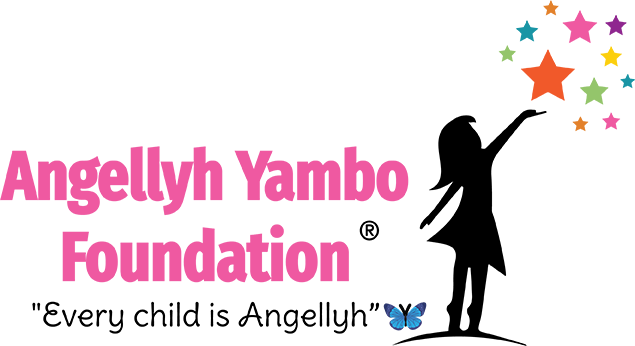FINANCIAL LITERACY
FINANCIAL LITERACY
Program available for school class
Age: 14-18
Minimum registration: 10 Students
Duration: 60 minutes
Location: School Grounds
Financial Expert/Guest Speaker


LEARN FINANCIAL EDUCATION
The AYF Financial Literacy workshop is one of the most important 21st century skills, and it’s essential with the economic and social changes being experienced in the world. It includes students understanding personal finance basics, money management, credit, debt, savings, and investments. Teaching financial literacy in the classroom helps students learn about managing their own money and the value of saving for future goals. Our professional financial managers can implement a variety of strategies, from basic worksheets to give them hands-on experience with budgeting and other important financial topics.
One of the most important life skills a youth can learn is financial literacy. Having a strong foundation of financial knowledge equips young people with the necessary skills to pursue their dreams and achieve life goals, such as saving for education or retirement, using debt responsibly, and even running their own business someday. Understanding key aspects such as how to create a budget, plan for retirement, manage debt, and track personal spending will contribute to helping youth further themselves in The Bronx.
Understanding financial skills is essential for youth and future generations to make well-informed decisions when it comes to money. Financial literacy not only helps young people build strong money management skills, but it can also set individuals up for success later in life. When youth are aware of the potential consequences of making unwise financial decisions, it is easier for them to avoid these pitfalls and plan for their futures accordingly. Financial literacy provides youth with knowledge and resources to be resilient financially and protect the sustainability of their future generations.
A strong foundation of financial literacy can help build a brighter future for our youth by enabling them to manage their finances effectively and achieve various life goals such as saving for education or retirement, using debt responsibly, and running their own business. Our curriculum provides an understanding of the key aspects required for financial literacy including budgeting, retirement planning, managing debt, tracking spending, and more.
Taking the necessary steps to become financially literate and secure your financial future is a responsibility we should all strive towards. It involves learning the basics of managing money, understanding how to borrow and save responsibly, and recognizing why investing and planning for retirement are essential components to amassing future wealth. Additionally, dedicating time, energy, and resources—both physical and mental—towards your financial growth can help ensure your investment decisions result in maximum returns long-term. This is especially important for members of unrepresented communities who have been historically disadvantaged in their ability to build generational wealth. By acquiring a strong foundation in financial education, they can work towards closing the social wealth gap that has been widening in The Bronx—and around the world—for far too long.
In the 1930s, the term ‘redlining’ was coined to refer to a process of grading certain areas on a map according to their perceived investment value. As part of this process, areas were color-coded based on their assigned grade, with red representing the worst grade possible. Unfortunately, this categorization system wasn’t entirely objective — certain ethnicities were rated higher than others, allowing them more freedom in terms of being able to purchase property in suburban neighborhoods while sadly people of color were deprived of this same opportunity. This contributed to youth from disadvantaged backgrounds predominantly being confined to zones with high poverty rates and limited opportunities for prosperity.


Redlining was a federal policy that drastically changed the prospects of those it victimized: individuals and communities of color. It imposed what is now referred to as structured racism, which manifests itself today in various shapes and forms such as the perpetuation of racial wealth gaps, predatory banking practices that siphon money away from otherwise stable communities; and even disparities in health outcomes based on zip code. Resources were allocated more efficiently to areas with higher concentrations of the white communities while neglecting those with large minority populations. This legacy can still be observed today—take The Bronx, for example. Decades ago, this borough saw a rise in poverty due to redlining policies which has resulted in significantly fewer resources and lower quality services that have long-term implications for its inhabitants.
Redlining has been an unfortunate reality in New York City’s past. It created segregated neighborhoods and inhibited youth living in those areas from accessing certain resources, resulting in a cycle of poverty that persisted through generations. Although redlining is no longer enforced by the government, many of its effects still linger today and are evidenced by some of the highest New York City poverty rates concentrated in those very same neighborhoods in The Bronx. In this current climate characterized by wealth and luxury condo development, it’s essential to consider how youth are affected by this historical legacy and reinvest into those neighborhoods to help youth access resources for their long-term success.
Ensuring our youth are equipped with the proper financial history and knowledge is critical for their financial future and must be made a priority. Today’s youth have an increased focus on spending, and with it comes decisions that can have long-term effects if not managed properly. Through our financial literacy program, youth will gain a better understanding of how to make smart and informed decisions regarding their finances. They will become educated on the basics of money management such as budgeting, different types of accounts, and investing, as well as more advanced concepts like credit cards and interest rates. By equipping youth with the tools, they need to comprehend the implications of financial decisions they make today, we are helping pave the way for their future success to become first time homebuyers.
Providing our youth with the right information, resources and tools is an essential step in cultivating a more equitable opportunity and future. Too many young people are thrown into life without a roadmap and in turn face greater difficulty. Every youth deserves the same chance to receive comprehensive and appropriate education that will support them when they enter adulthood. With increasingly complex challenges, preparing our youth effectively today is pivotal to secure a better world tomorrow. It is important for us all to appreciate and cater to the wide range of diversity within youth populations; for them to feel secure and supported so that long term success can be attained.
With our brochures, we provide financial education content that is aligned with the Federal Deposit Insurance Corporation. You can access this content by attending one of our live events.
WHY JOIN OUR PROGRAM
At the Angellyh Yambo Foundation, we believe that the future leaders of our world are being developed right here in The Bronx and we’re committed to helping them succeed. We designed our programs to engage our youth with the outside world, giving them the tools they need for success in the future.
Personal Finance Basics
Money Management
Investments
Saving for the Future
Debt / Credit
Responsibilities
YOUR DONATIONS WILL HELP OUR PROGRAMS
"Doing good in The Bronx" is all about bringing people together to positively impact their community.
Programs
Copyright © 2023 - Angellyh Yambo Foundation All Rights Reserved | Powered by: All City Graphix


